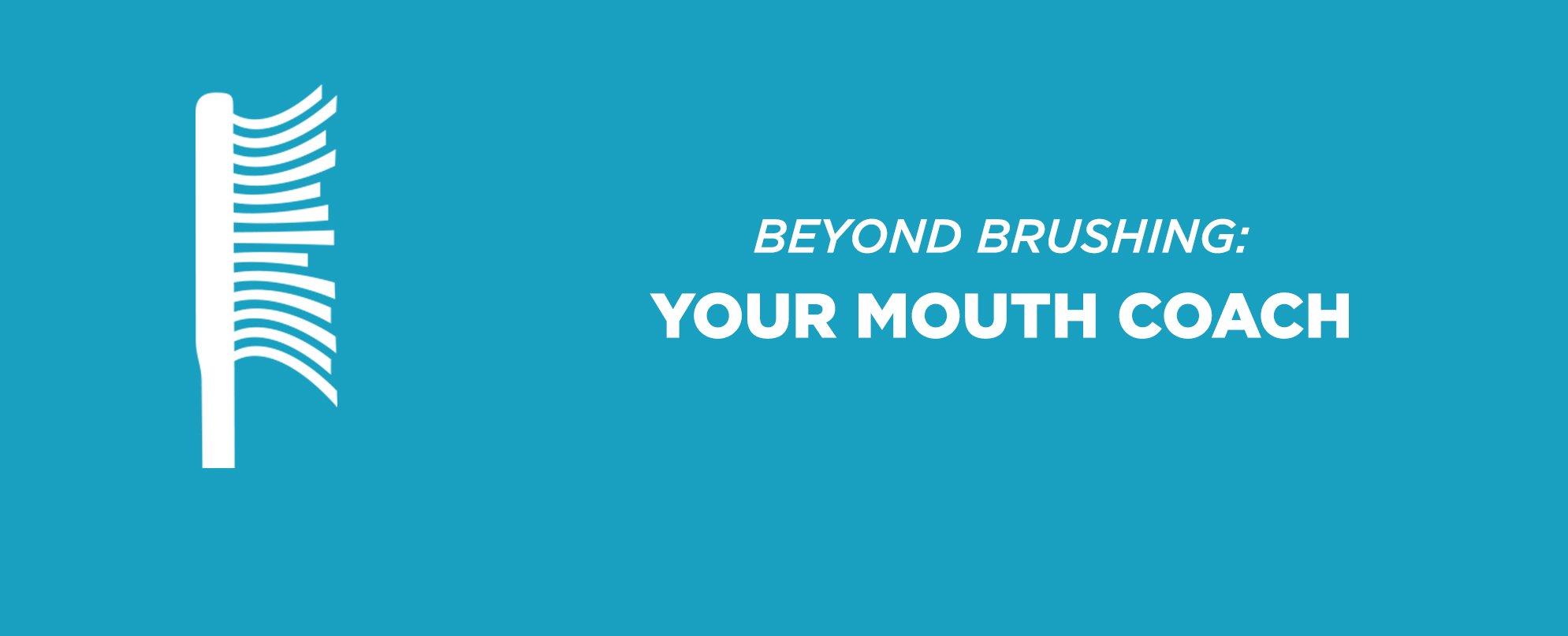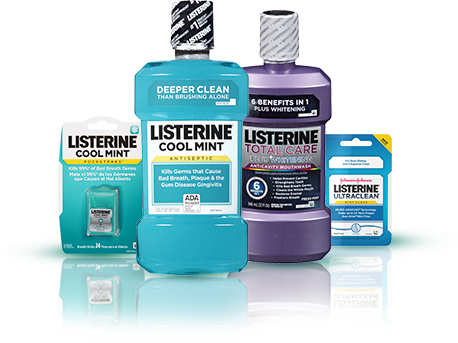Top 5 Bad Breath Treatments
Practise Good Oral Hygiene
If you’re battling bad breath without success, it could be the fault of your routine. The following simple steps will help minimise your “Grade-D” breath by removing the build-up of germs.
And don’t just focus on your teeth. Remember to give the tongue a little attention, as it may be loaded with decaying food particles and germs that cause bad breath. Removing this build-up will help reduce plaque as well.
Remember, brushing alone cleans only 25% of your mouth. So be sure to include flossing and twice-daily rinsing with LISTERINE® mouthwash for best results.
See Your Dentist Regularly
Maybe you have been practicing good oral hygiene, but your breath still makes people visibly turn their heads. It might be time to call a professional. Not only will your dentist give your teeth an expert touch, he or she can conduct an oral exam to detect and treat periodontal disease and other problems.
Stop Smoking and Chewing Tobacco
Without getting into some of the more serious side effects of tobacco use, smoking will—at the very least—give you smokers’ breath. As with any addiction, quitting can be much more difficult than expected. So talk to your doctor about beating the habit.
Drink Lots of Water
Water—it’s cool, refreshing and, unless you’re lost at sea or in a desert, readily available in large, drinkable amounts. So take advantage.
Drinking water not only prevents dry mouth, which can cause bad breath, it also flushes out debris and food particles before they can break down and make the interior of your mouth smell like manure from a farm.
Chew Gum
Dentists recommend brushing, flossing and rinsing twice a day for optimal oral hygiene. So what can you do in between cleanings if, say, you’ve just eaten a meat and cheese sandwich with extra onions? Start chewing.
Chewing gum helps your mouth produce saliva, which helps flush away food and germs from your teeth, gums and tongue. Just make sure you opt for the sugar-free kind, otherwise you’ll wind up increasing your chances of tooth decay.



